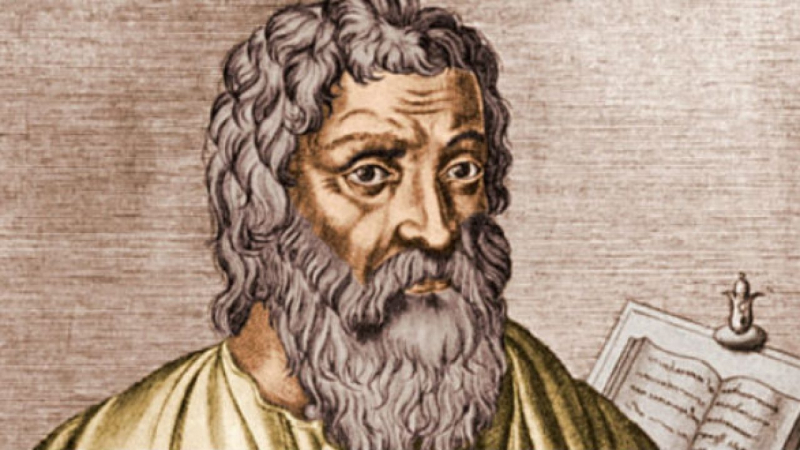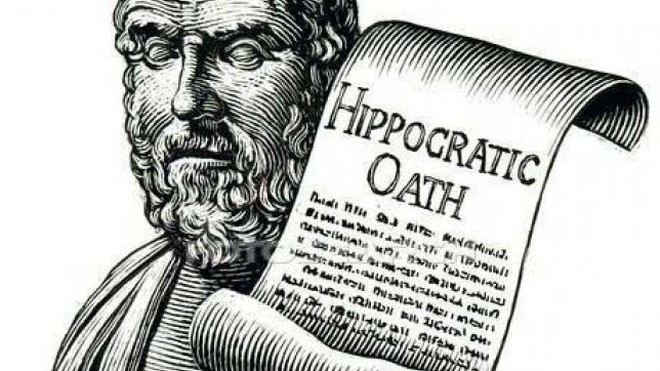Earliest practice of medicine
When it comes to the treatment of sickness, the ancient world did not do all that well. Diseases were thought to be the gods' method of punishing people before then, and superstition surrounded any and all treatments.
Greek doctors employed reasoned reasoning while practicing medicine. Greek civilisation began about 700 BCE and lasted until 600 CE. This method is still used in modern medicine. Greek physicians transitioned from relying on supernatural intervention for healing to using realistic, natural remedies. Some of their beliefs are still influencing modern scientific and medical thought. Ancient Greeks believed that "a healthy mind in a healthy body" was important, and their understanding of medicine took both mental and physical health into account. Hippocrates, who is referred regarded as "the father of medicine," was the most well-known and perhaps the most significant medical person in ancient Greece. All of that changed when Hippocrates of Cos began to gather information and carry out experiments to demonstrate that sickness was a natural process and that the symptoms and indications of a disease were brought on by the body's normal responses to the disease process. Hippocrates, an ancient Greek physician of the Classical era who was born in 460 BC, is regarded as one of the most notable people in the history of medicine. He was the creator of the Hippocratic School of Medicine and is considered to as the "father of Western medicine" in appreciation of his significant contributions to the discipline.
The Hippocratic Oath, which carries his name, is the most well-known of his contributions. It was this text that first suggested a code of conduct for physicians. It addresses a lot of crucial ideas that are still relevant today, such the secrecy between doctors and patients.











